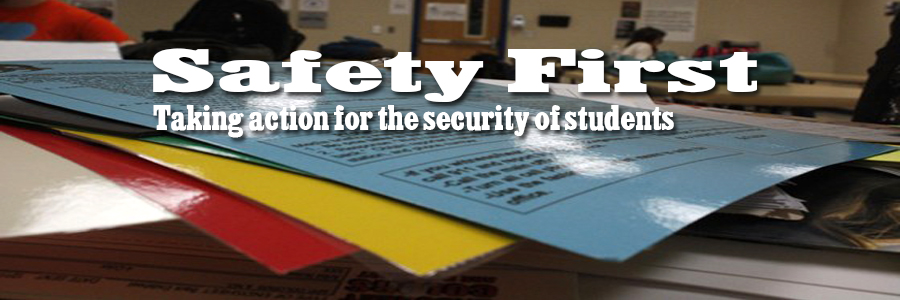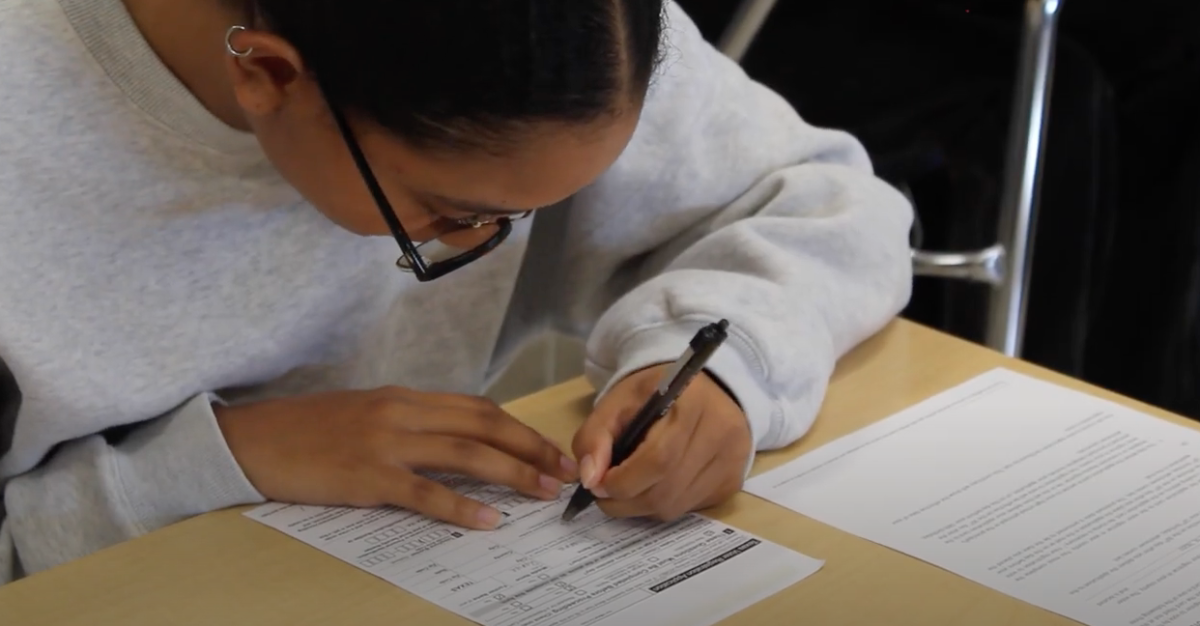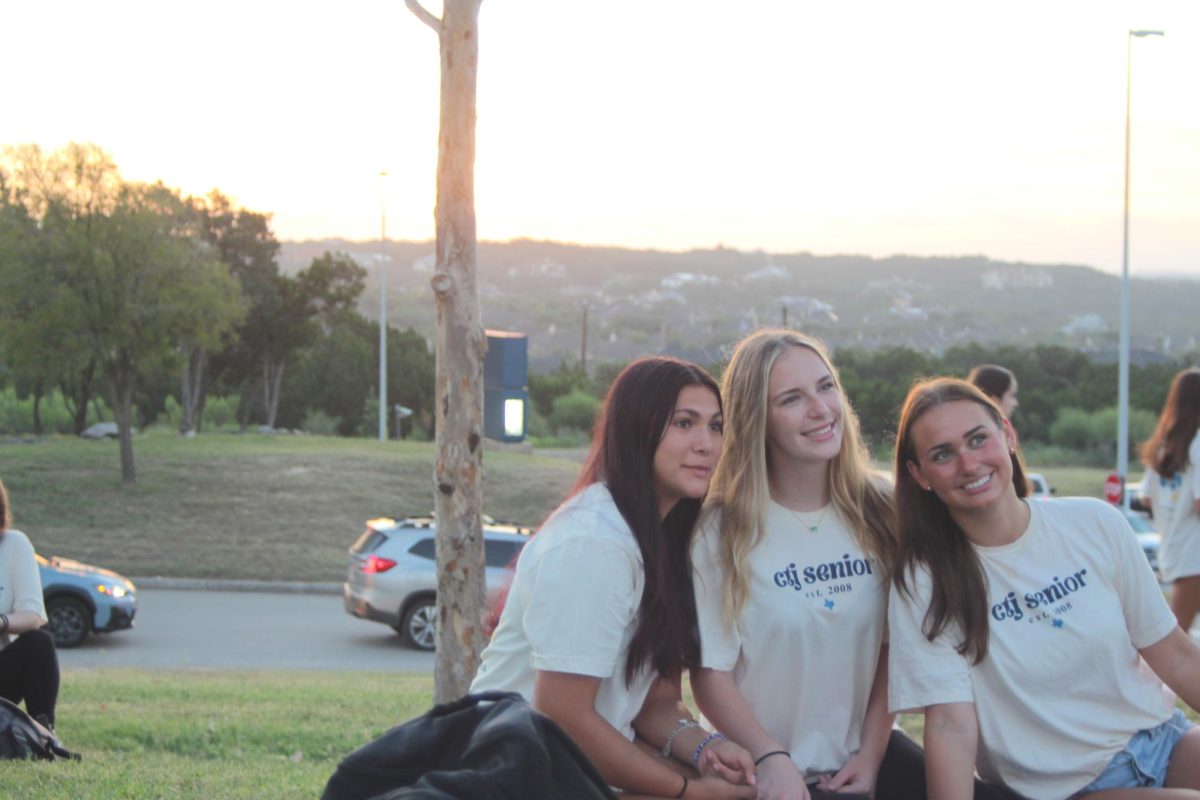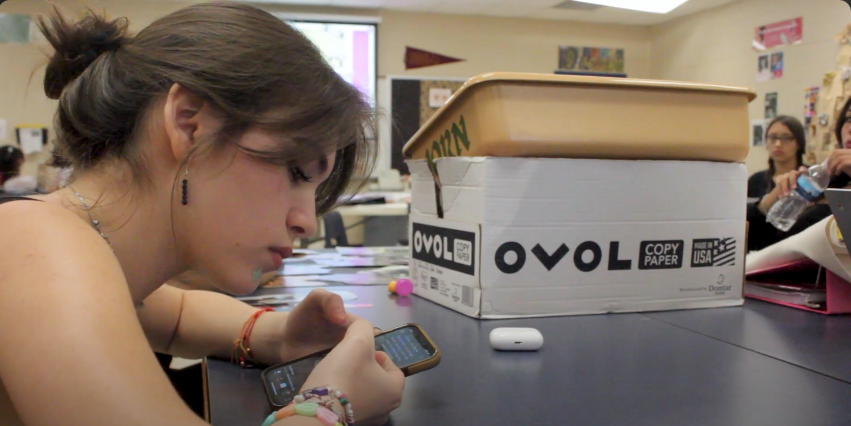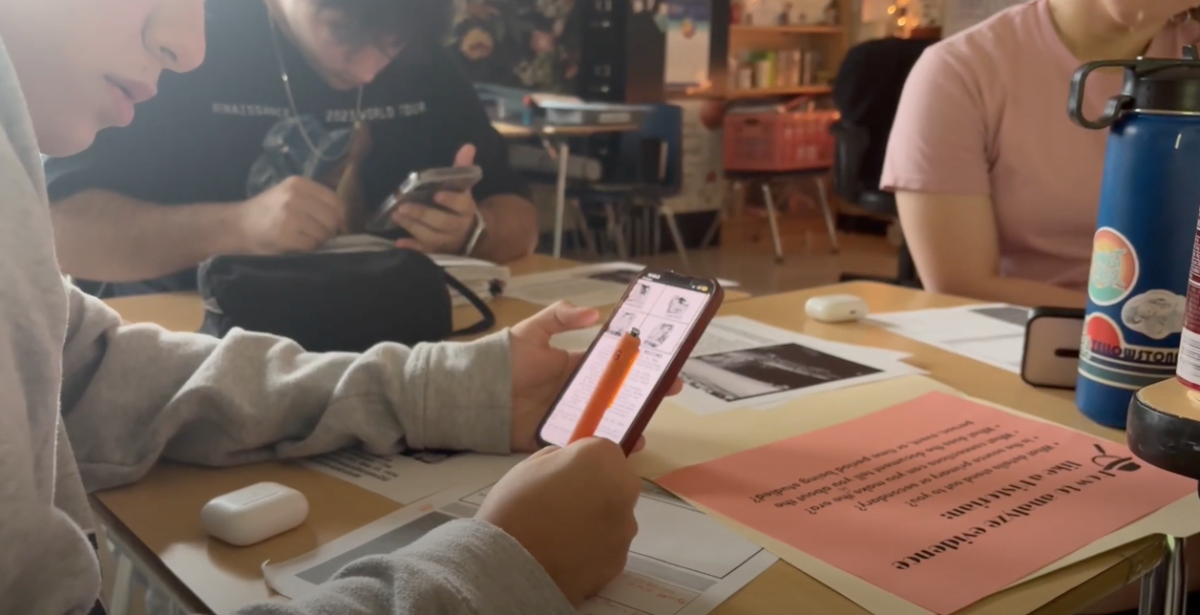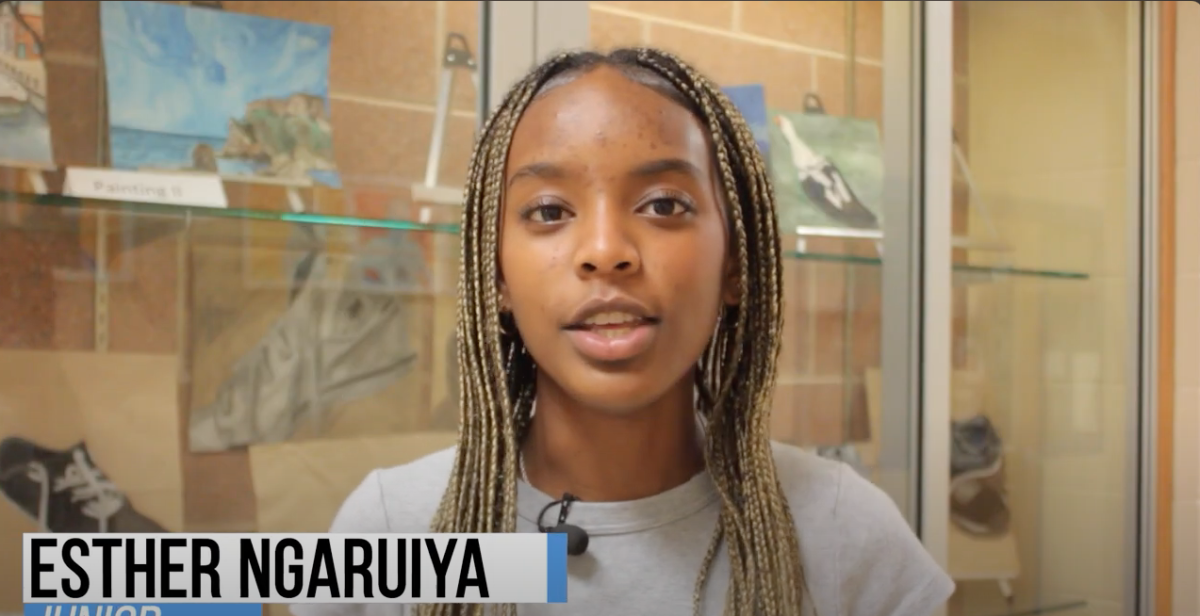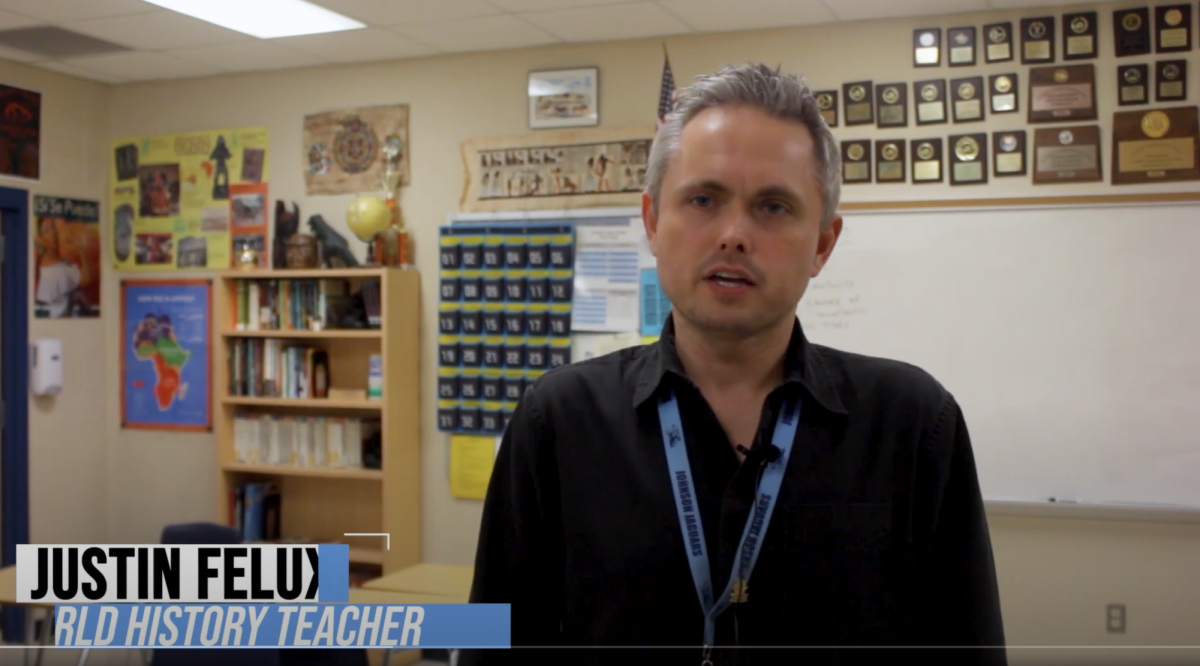by Darius Davila | Staff Writer

In the wake of the tragic Sandy Hook shooting, schools everywhere are taking necessary precautions to be prepared for anything, and to ensure the safety of students.
“The number one priority here is for kids to come here and go home safely, there is a nervousness because of what has been going on. We just want students to be prepared and have a sort of second nature reaction to on campus lockdowns,” Assistant Principal Steve Magadance said.
However, the terminology used when indicating when to go into a lockdown is on the brink of change.
“Before, schools would use code words when they did drills, but they changed the code words to be more transparent and to not be masked. Code words really just create confusion when you use them, so we are moving away from level one level two terminology and going to soft and hard lockdowns,” Magadance said.
There are two levels of lockdown, the first being a soft lockdown and the second being a hard lockdown. Both lockdowns are taken seriously, but the code words help teachers gauge how much preparation they need to bring in to it.
“The difference between a soft and hard lockdown is that when a threatening event takes place off campus it is considered a soft lockdown or level one, but when it occurs on campus it is considered a hard lockdown or level two,” Magadance said.
Some teachers feel as though the drills could be better executed than the way they currently are being performed.
“What I don’t understand is why they can’t just say we are in a lockdown. I don’t understand why we need code words, we should just be told there is a gunman if there is one. The level one level two terms I think would be confusing to new teachers, and a lockdown should be announced as a drill if it is a drill, so we don’t freak out,” Social Studies teacher Mark Valderama said. “I was a military brat growing up and when the sirens would go off they would announce that it was a drill.”
We can expect to see more of lockdowns and other precautionary drills.
“The students are the eyes and ears of this school, they hear and see things that we can’t see and know what is happening. We encourage them to let us know if they hear or see something that seems out of place or out of the ordinary so we can investigate,” Magadance said.


